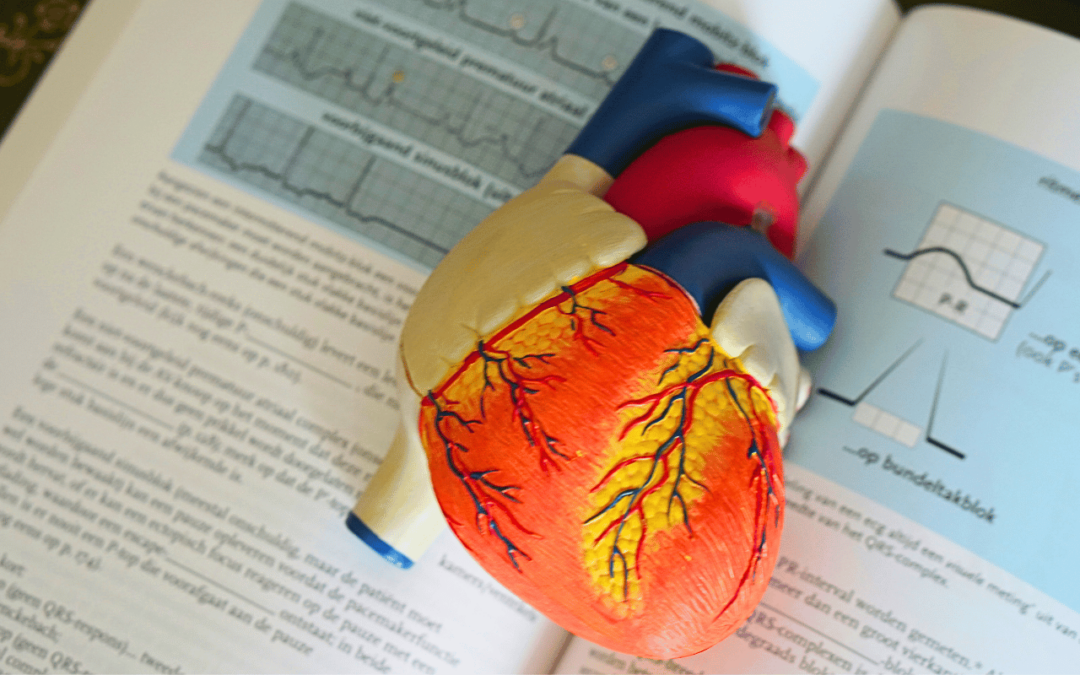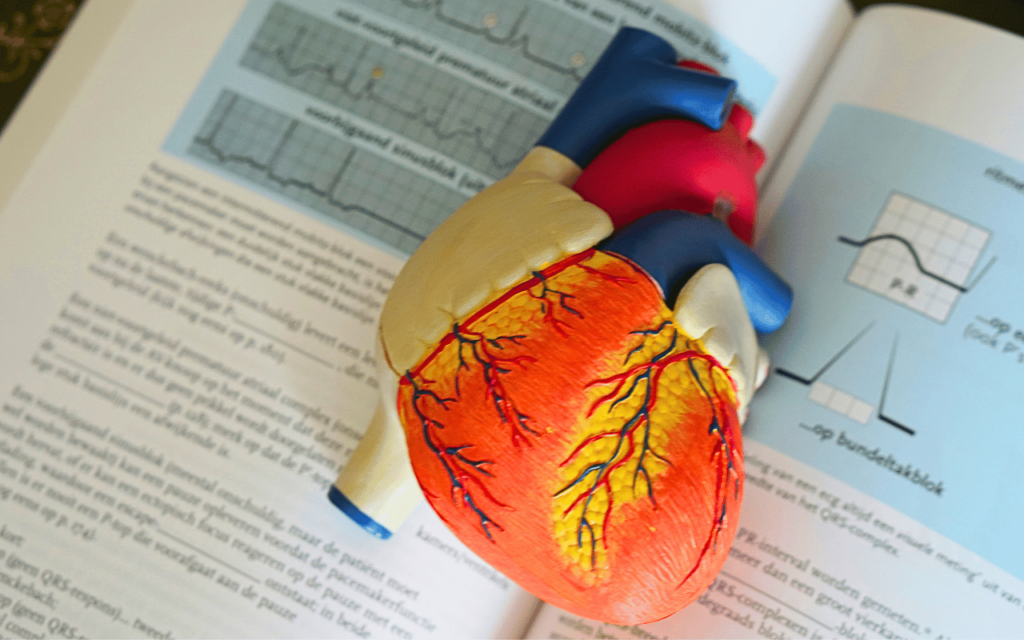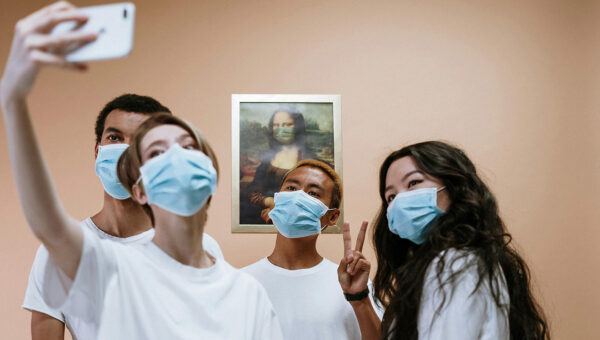
The Importance of CPR Certification for Nurses: A Comprehensive Guide
Heart-stopping moments don’t just happen in the OR. As a nurse, you may be called upon in emergencies without access to an AED (automatic external defibrillator) or other equipment. Ensuring CPR certification means you are on hand with the knowledge to help save a life in or out of the hospital.
Debunking 5 Big Myths About CPR
Although most people know CPR and how it can save lives, wrong information often hinders effective aid. Do you think these, even to yourself?
Someone Around Me Will Know CPR
Most Americans know CPR increases survival rates for myocardial infarctions, but only 2 out of 5 would be willing to perform it. Why won’t people help with a procedure they know can be the difference between life and death?
The one reason cited for not rendering aid is a lack of confidence in proper CPR procedures. CPR certification addresses this issue and provides a way to save a life when others won’t step in.
The EMTs Will Render Aid When They Arrive
EMT arrival highly depends on traffic, weather, and location, with 1 in 10 people waiting more than 30 minutes for an ambulance. Even response times of fewer than 10 minutes may be too late when someone has suffered a heart attack.
Survival rates decrease 7-10% every minute CPR is delayed. Bystander help can double or triple survival, but you must act quickly. The rule of thumb is that you are the help until help arrives.
No One Dies From Heart Attacks Now
While increased efforts in prevention are laudable, they can promote the idea that heart attacks are not fatal in this modern age. But cardiac disease, including myocardial infarction, kills the most Americans every year compared to every other disease. Performing CPR is still the best way to respond and save a life.
Everyone Receives Equal Care and Help
Studies show that low-income and minority communities have much higher rates of death from heart attacks. This survival gap can be up to 19%, proving that CPR training is helpful and vital in disadvantaged areas. If you live or work in one of these areas, being confident in CPR and willing to assist is imperative.
Hospitals Have the Latest Equipment–We Don’t Need CPR
According to The Joint Commission, crash carts with missing or expired items make up the top three list of hospital problems. You cannot count on equipment to take the place of CPR training. When the AED fails, or the crash cart battery is dead, it is up to you to begin compressions immediately.
Why Certification is Crucial
You Forget What You Learned
You probably received CPR training in nursing school, but did you know that retraining and revisiting procedures are vital to rendering optimal aid? Your knowledge of methods and skills in administering CPR deteriorate as time passes since your initial training.
Procedures Are Updated Regularly
Also, remember that guidelines for CPR are updated as new research emerges, and you need to know what the latest findings advise to give the best help.
For example, in 2020, the American Heart Association released new guidelines on CPR for both in-hospital and out-of-hospital cases. Included are changes to the Adult CPR Algorithm and
Chains of Survival. If your training was before 2020, you must include these essential revisions.
But I’m not a cardiac nurse, you might say. According to specialist Diana-Lyn Baptiste, “every nurse is a cardiac nurse” because, quite simply, every patient has a heart susceptible to disease and infarctions. And crises can happen anywhere, in any ward.
Your Patient Outcomes Will be Better
Swiftly providing aid helps patient outcomes in the short run, but the effects don’t stop there. When nurses are certified in CPR, their patients exhibit improved outcomes from the time of the event to discharge.
Training also helps you stay calm when emergencies happen, and your attitude transfers to your patients, reassuring them amid what can be a terrifying episode.
Certification is Easier Than Ever
You used to have to spend hours at in-person training sessions or pay for expensive certifications. But now, you can get CPR certification online and even study on your mobile phone at home or when you have spare moments during the day.
There are no textbooks or manuals to buy, no taking time off to attend classes, and your workplace might even pay for your training. The convenience of online certification makes it a no-sweat, no-hassle way to level up your skills and resume.
What better way to contribute to the well-being of yourself, your patients, and your workplace?
Having CPR certification lets you act with speed and confidence in a crisis. Think about it this way: if you or a loved one were having a cardiac event, what kind of person would you want to help?





